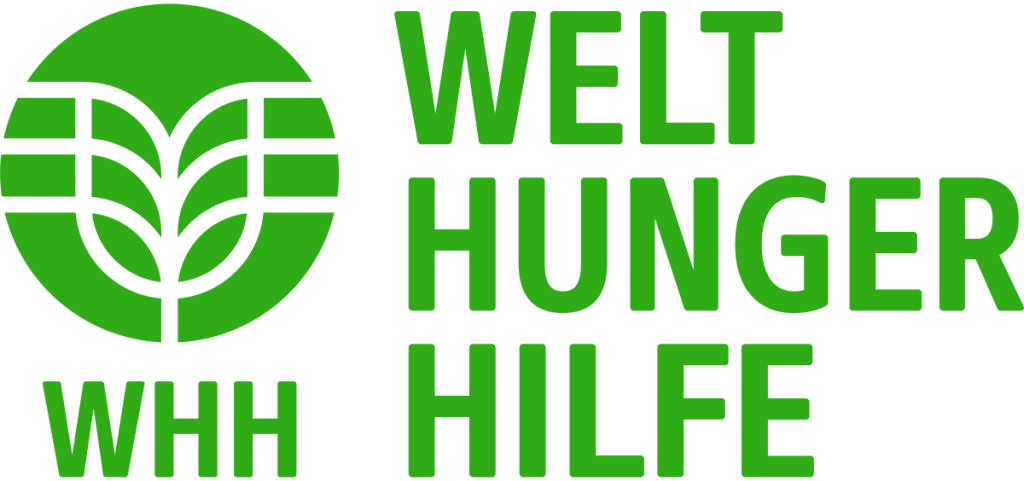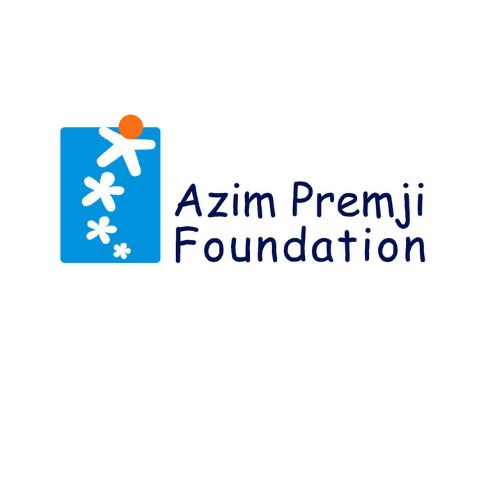Sustainable Livelihoods
Livelihood approach is based on promotion of food and nutritional security through sustainable agriculture with environmentally safe and sustainable methods to enhance quantity and quality of yield and sustainable forest based livelihoods.

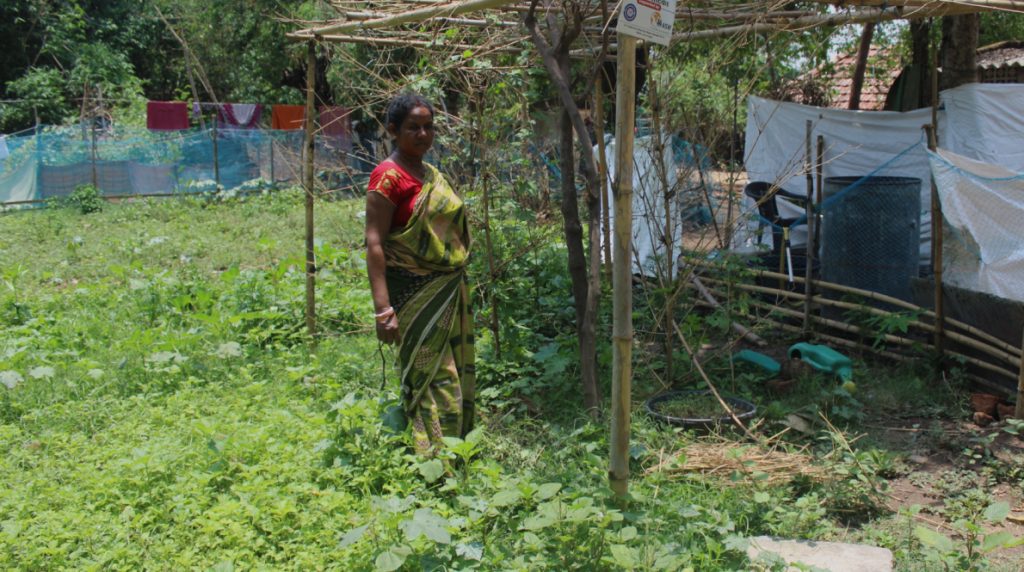


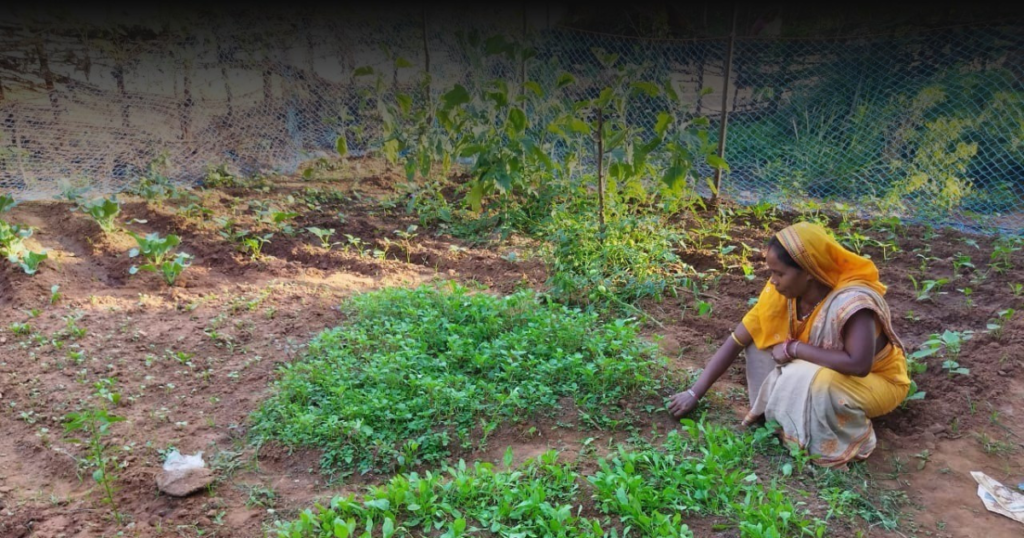
Improved food and nutrition security and health of women and children
CWS follows multi-stakeholder approach to integrate nutrition, agriculture and WASH interventions for improved food and nutrition security. The focus is on identifying malnourished children, promoting nutrition gardens and nutrition sensitive integrated farming, organizing nutrition camps and encouraging WASH in the community.
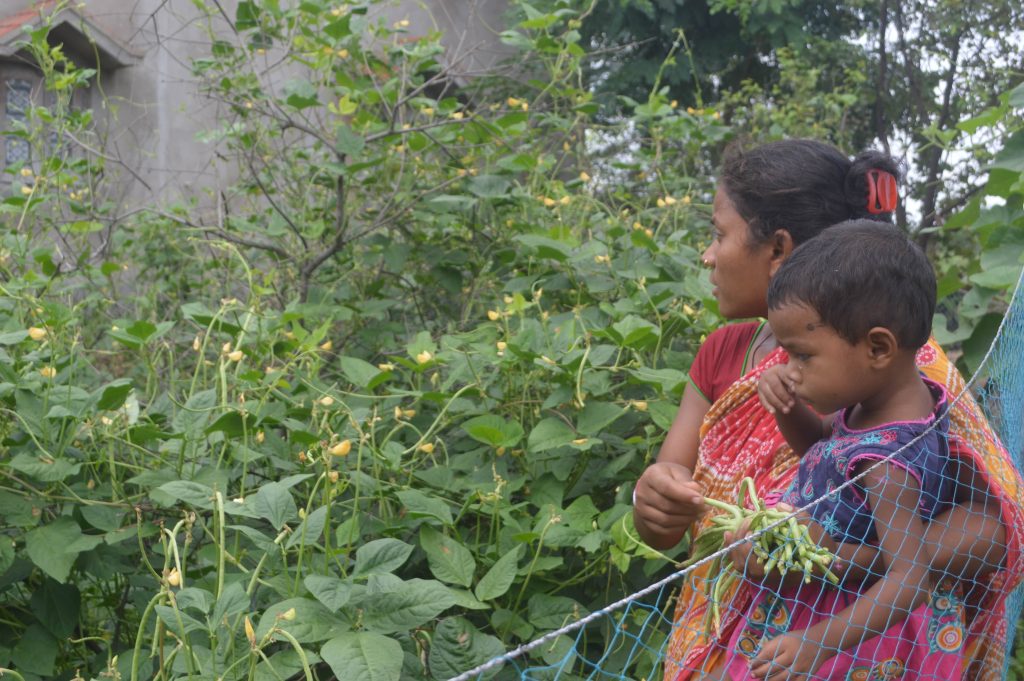
Improved food and nutrition security and health of women and children
CWS follows multi-stakeholder approach to integrate nutrition, agriculture and WASH interventions for improved food and nutrition security. The focus is on identifying malnourished children, promoting nutrition gardens and nutrition sensitive integrated farming, organizing nutrition camps and encouraging WASH in the community.
Poshan camps (Nutrition camps)
Poshan camps of 15 days duration are conducted across the project sites to make the moderately acute Malnourished children to normal status.


Nutrition gardens
Nutrition garden models have been initiated for maintaining diet diversity (i.e. balance diet consumption at the household level) including nutri-WASH models. The waste water from the hand pump site or the kitchen waste water (usually called grey water) is treated in an indigenous manner and channelized into the nutrition gardens. The indigenous way of cleaning waste water involves running the water through water filter chamber made of sand and stone.
Promotion of water, sanitation and hygiene
The tippy tap is a hands -free way to wash your hands that is especially appropriate for rural areas where there is no running water. It is an easy way of generating awareness about maintaining hand hygiene.


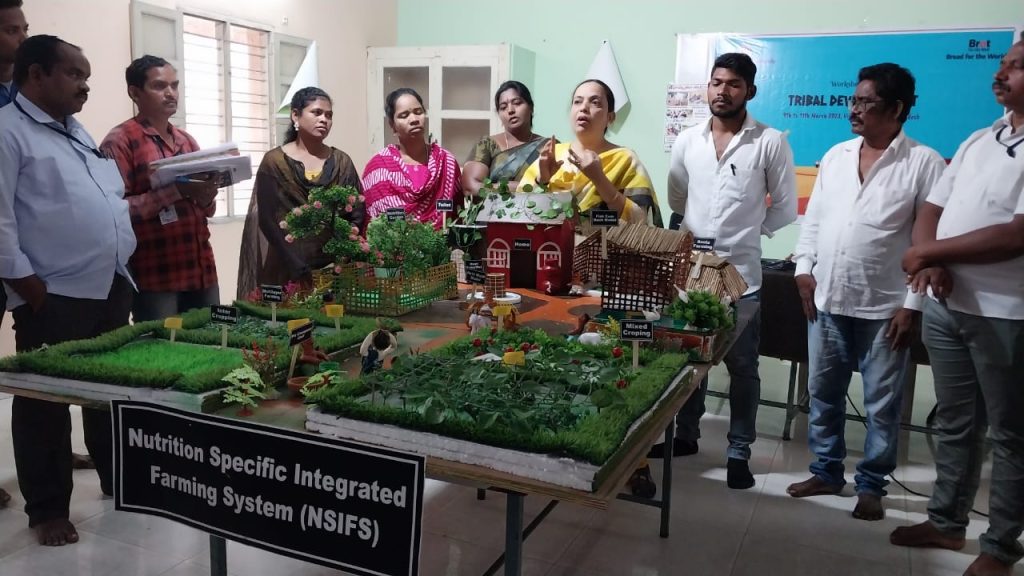


Sustainable agriculture
CWS is promoting sustainable agricultural practices such as Nutrition sensitive Integrated Farming System (NSIFS), water saving practices such as System of Rice Intensification and System of Crop Intensification and Non-Pesticide management for improving food security.
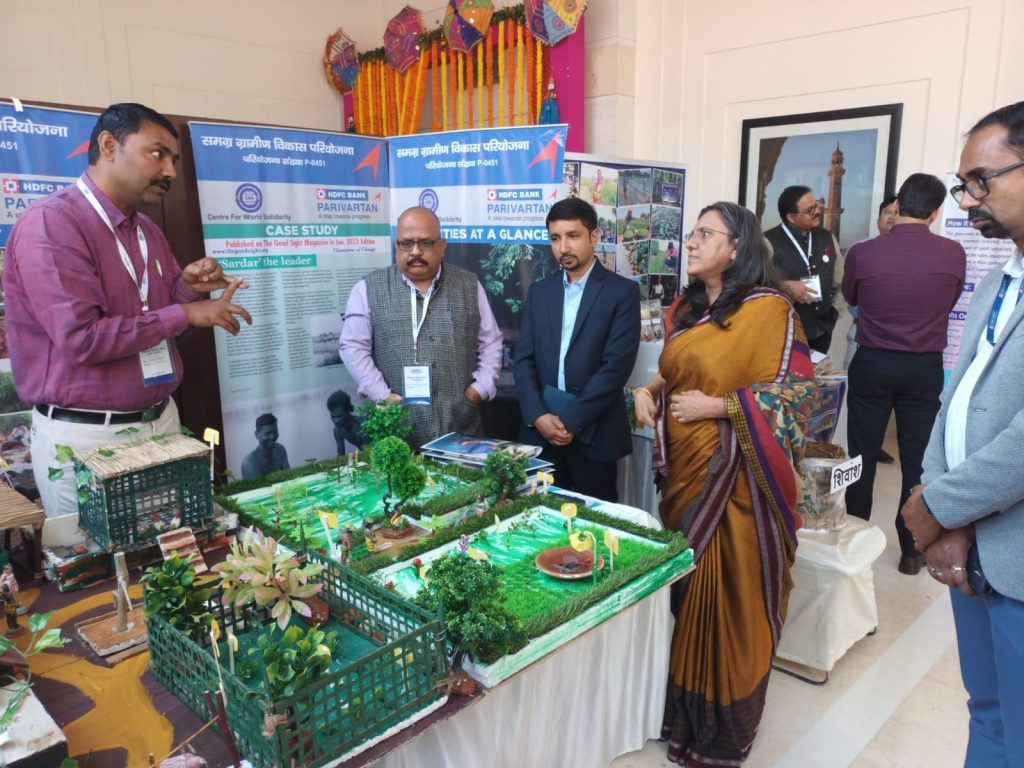
Improved food and nutrition security and health of women and children
CWS follows multi-stakeholder approach to integrate nutrition, agriculture and WASH interventions for improved food and nutrition security. The focus is on identifying malnourished children, promoting nutrition gardens and nutrition sensitive integrated farming, organizing nutrition camps and encouraging WASH in the community.
Promotion of natural farming
Farmers were motivated to have adopt non-chemical practices for ensuring eco-friendly farming.
Such as, Zero Budget Natural Farming (ZBNF) practices, vermicompost, bio-pesticides and herbal tonics (jeevamrutham”), promotion of indigenous crop varieties.


Soil and water conservation measures
CWS have initiated participatory farm planning and undertook various soil and water conservation measures, e.g. farm bunding, pond rejuvenation, check dams, gully plugging and agroforestry development works across the intervention areas.
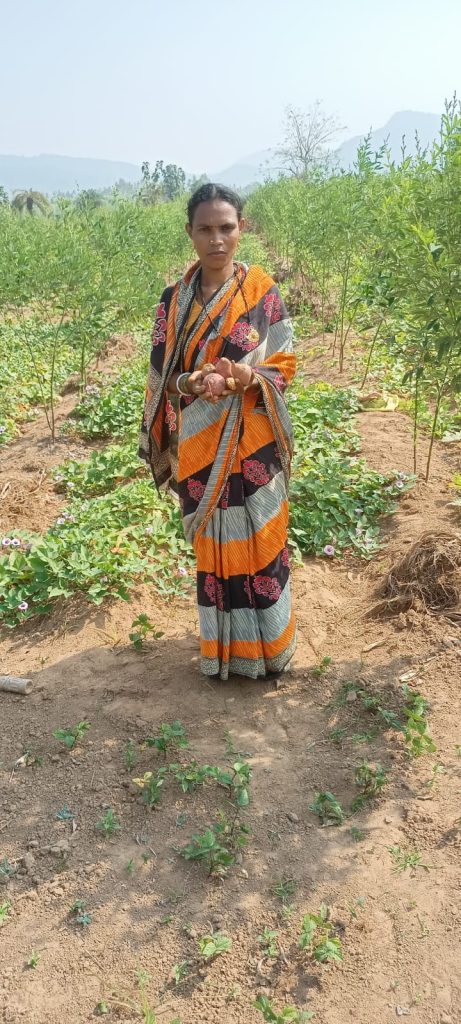
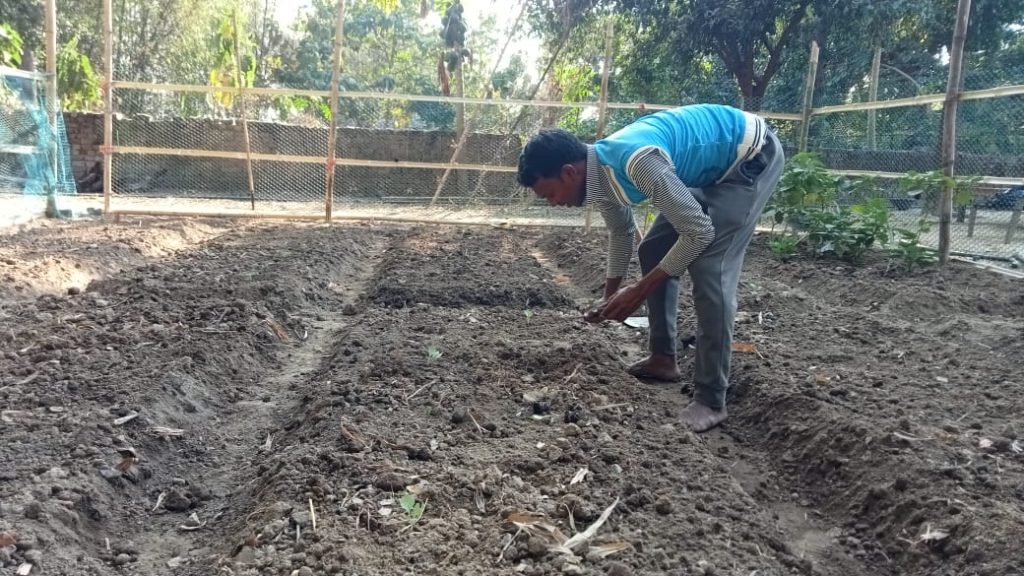

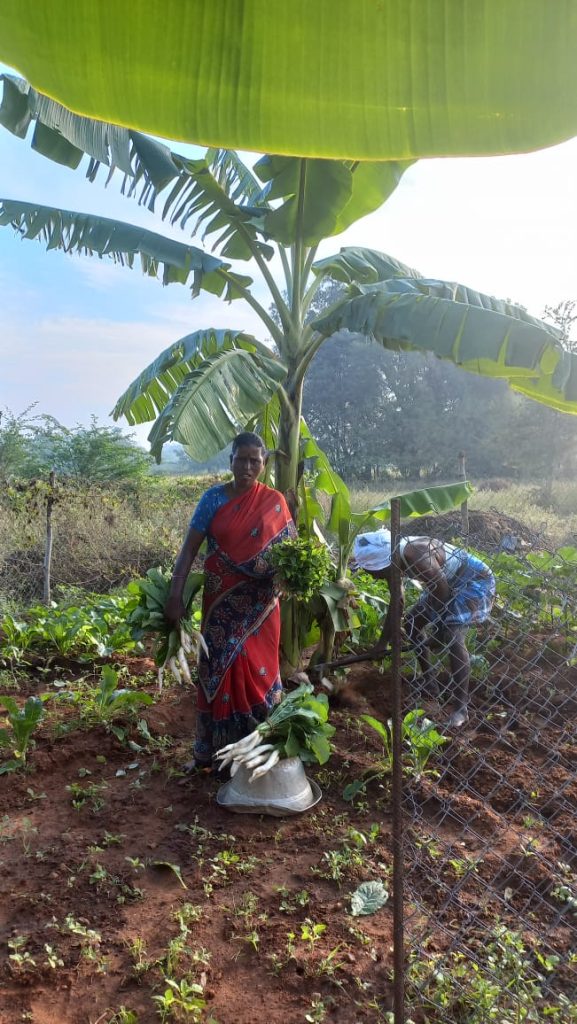
Improved access to markets through Farmer Producer Company
CWS facilitated the formation of Farmers Producer company (FPC), processing centres for chemical free food products (cleaning, sorting, grading, packing and labelling). The FPC do the major role in marketing of packaged food products, vegetables, fruits and medicinal plants through retailers and directly to the consumers.
CWS has facilitated lab testing of products that show nutrition values, heavy metal content and chemical residue presence in the products as per FSSAI guidelines. CWS has facilitated to get certifications of Participatory Guarantee System (PGS) to promote organic food products and FSSAI certification for processed and packaged food products.
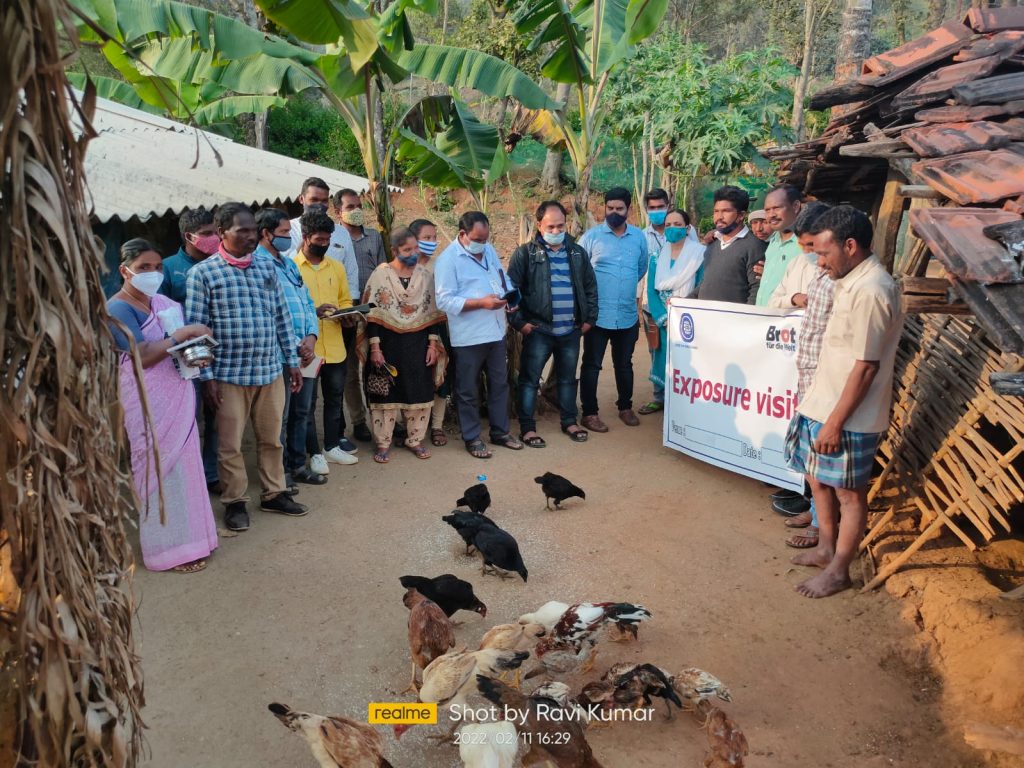
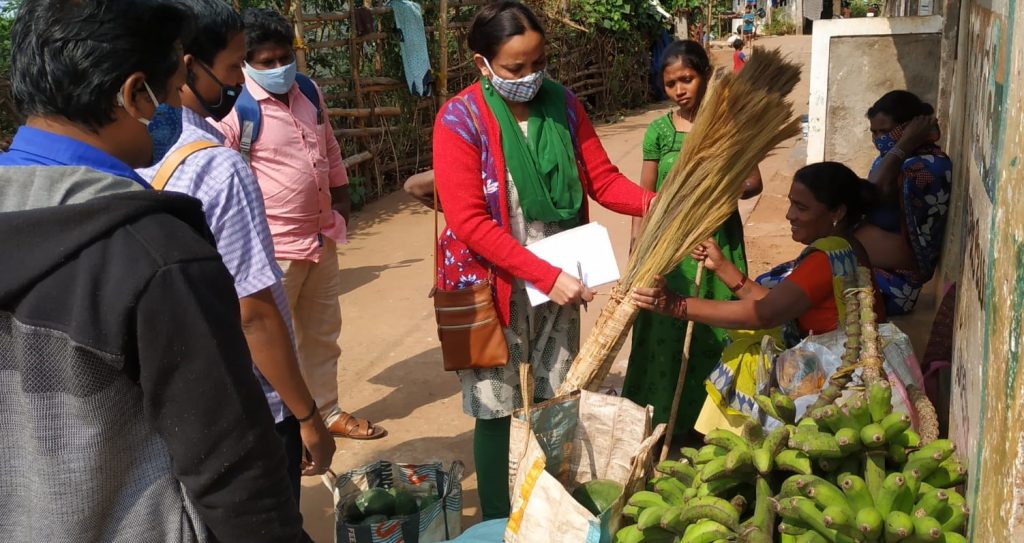

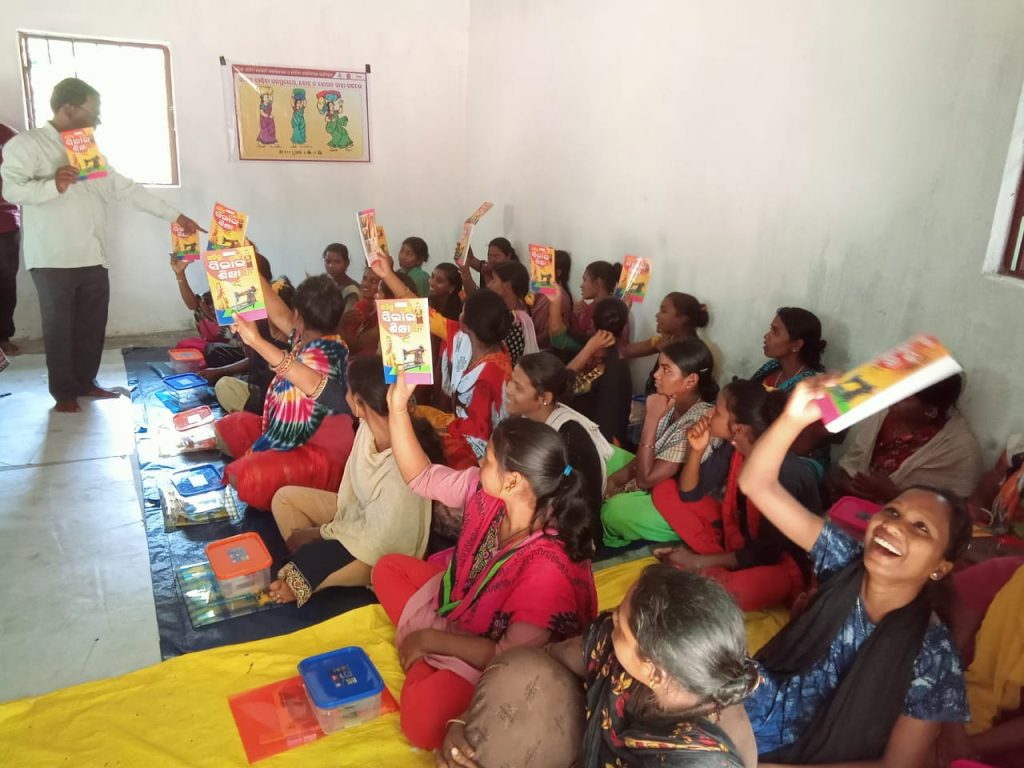
Enhancing forest based livelihoods of Adivasis
The goal is to enable tribal communities to live a dignified life with positive self image through improved living standards. Sustainable agriculture practices are promoted to improve production and marketing of products such as barnyard millet, pepper, medicinal plants and other non-timber forest products. Other income generating activities are also promoted such as backyard poultry and fishery.

